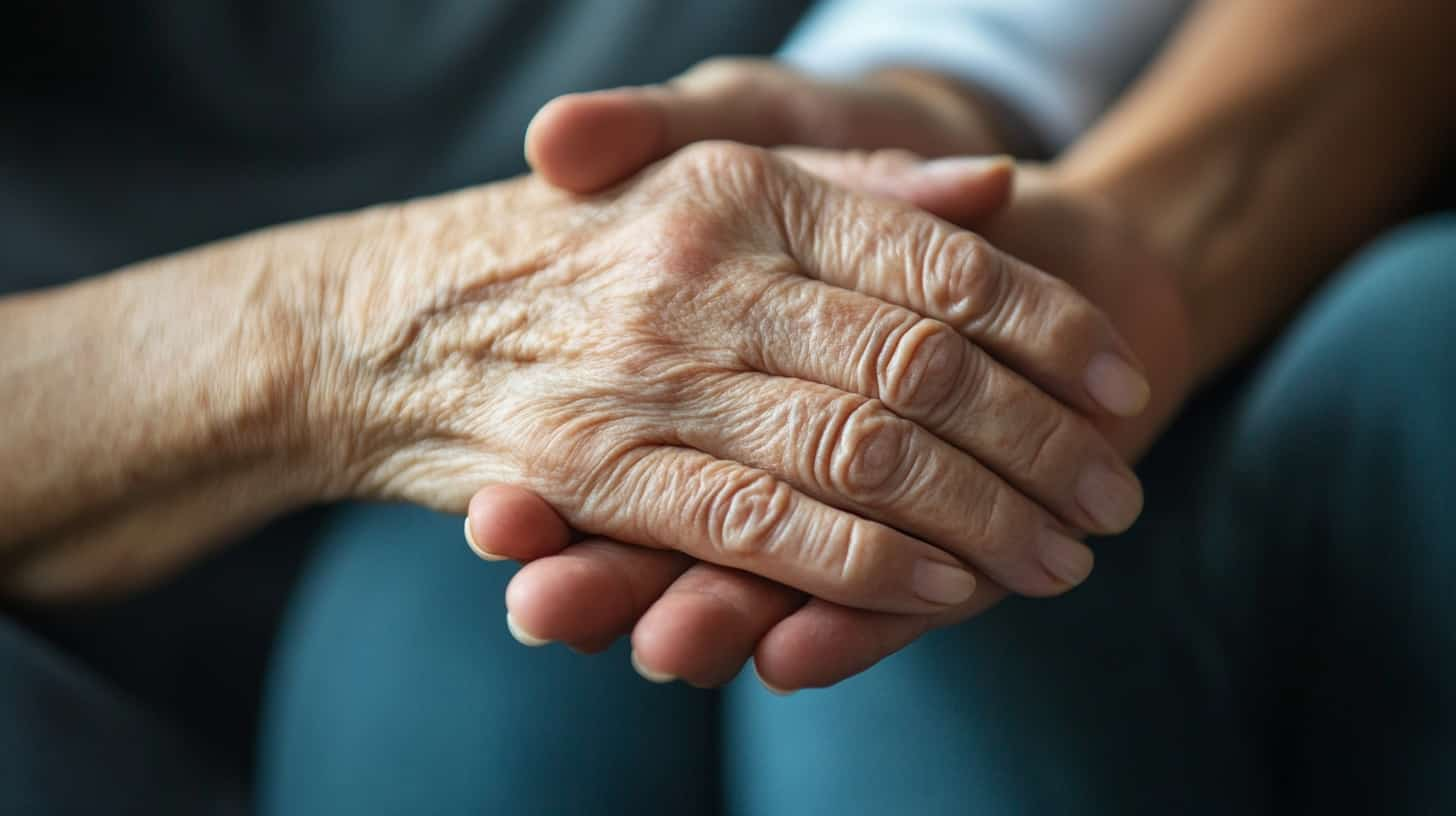Published on Anneler Online – https://anneleronline.com/
By Matilda Garcia, Senior Content Editor / Creative Director, Anneler Online
In today’s fast-paced world, caregivers often bear the brunt of emotional, physical, and mental stress. To address the critical issue of caregiver stress and explore the mental health strategies that can alleviate its impact, I had the pleasure of speaking with Ethel Shepherd from Caregiver Support Network. With her wealth of experience and firsthand insights into caregiving challenges, Ethel shares valuable advice on how mental health experts can help caregivers maintain balance and resilience.

Matilda Garcia (Anneler Online):
Ethel, thank you for joining me today. Could you start by sharing your background and what motivated you to focus on mental health support for caregivers?
Ethel Shepherd:
Thank you, Matilda. I’m delighted to be here. My caregiving journey began through personal experience when I had to care for a family member. Witnessing the profound emotional and mental challenges that caregivers face, I realized early on how essential mental health support is. This experience motivated me to co-found the Caregiver Support Network, where we emphasize the practical aspects of caregiving and caregivers’ cognitive and emotional well-being. We work with mental health experts to provide strategies, resources, and community support that help caregivers navigate stress and prevent burnout.
Matilda Garcia:
Caregiver stress is a pervasive issue. From your perspective, what are some of the most significant mental health challenges that caregivers face?
Ethel Shepherd:
Caregivers often experience chronic stress due to the constant demands of their role. This can manifest in anxiety, depression, and feelings of isolation. The perpetual pressure to balance caregiving responsibilities with personal and professional life can lead to burnout. Many caregivers also struggle with guilt or feelings of inadequacy, which further exacerbate stress levels. Mental health challenges are not just individual issues—they ripple out and affect the overall quality of care provided, making it critical to address these concerns early and effectively.
Matilda Garcia:
How do mental health experts contribute to alleviating these challenges, and what strategies do they typically recommend?
Ethel Shepherd:
Mental health experts play a vital role by offering tailored strategies that address immediate and long-term stressors. They often recommend cognitive-behavioral techniques to help caregivers reframe negative thought patterns and manage anxiety. Mindfulness and relaxation practices, such as meditation and deep breathing exercises, are also highly effective in reducing stress. Many experts emphasize the importance of building a support network—through therapy, support groups, or community forums—to ensure caregivers do not feel isolated. These professionals also work to create personalized self-care plans that integrate mental, emotional, and physical health practices.
Matilda Garcia:
In your experience at Caregiver Support Network, what are some of the most effective mental health interventions for caregivers who are feeling overwhelmed?
Ethel Shepherd:
One of the most effective interventions is establishing a consistent self-care routine. This involves setting aside daily time for activities that promote relaxation and emotional well-being. For example, even a short walk or a 10-minute mindfulness session can make a significant difference. We also encourage caregivers to seek professional counseling when needed, as having a safe space to discuss their challenges can be incredibly therapeutic. Group therapy or support groups specifically for caregivers have proven to be particularly effective, as they provide a sense of community and shared experience. Additionally, some caregivers benefit from structured stress management programs designed by mental health experts, which often combine several techniques for a comprehensive approach to stress reduction.
Matilda Garcia:
How can caregivers access these mental health resources, especially if they’re not sure where to begin?
Ethel Shepherd:
Accessing mental health resources starts with reaching out for help. At Caregiver Support Network, we provide a curated list of mental health professionals, support groups, and self-help resources tailored to caregivers. We also offer online forums and educational content that guide caregivers in identifying their needs and finding the appropriate support. It’s important for caregivers to recognize that seeking help is a sign of strength, not weakness. Even if you’re unsure where to begin, taking that first step—whether it’s contacting a mental health professional or joining a support group—can lead to significant improvements in well-being.
Matilda Garcia:
What advice would you offer to caregivers who are hesitant to prioritize their mental health due to the demands of their caregiving role?
Ethel Shepherd:
I understand that many caregivers feel they have no time for themselves, but prioritizing mental health is crucial for sustaining the ability to provide care. I advise caregivers to view self-care not as a luxury but as a necessary component of their caregiving responsibilities. Remember, you cannot pour from an empty cup—taking care of yourself directly impacts the quality of care you can offer. Start small with manageable steps, like setting aside a few minutes each day for a calming activity, and gradually build on that. Also, don’t hesitate to ask for help. Whether it’s from family, friends, or professional services, sharing the load can free up time for you to focus on your mental well-being.
Matilda Garcia:
Before we conclude, could you share any success stories where mental health support significantly transformed a caregiver’s experience?
Ethel Shepherd:
Absolutely. I recall a caregiver initially overwhelmed by the demands of caring for her spouse. She struggled with severe anxiety and began to feel isolated. After joining one of our support groups and engaging in regular counseling sessions, she learned valuable coping strategies that helped her manage her stress. Over time, her outlook shifted dramatically—she became more confident in her caregiving abilities and created a more balanced routine that included dedicated self-care time. Her transformation was a powerful reminder of the impact that proper mental health support can have, not only on the caregiver but on the overall quality of care provided to their loved one.
Matilda Garcia: Thank you, Ethel, for sharing these profound insights and practical strategies for managing caregiver stress. Your work at Caregiver Support Network is making a significant difference in caregivers’ lives, and I’m sure our readers at Anneler Online will benefit greatly from your expertise. Additionally, I encourage our readers to explore the resources available through Caregiver Support Network, as they can find valuable tools and advice tailored to their unique situations. Ethel, your emphasis on self-care and community support resonates deeply, especially for those navigating the challenges of caregiving. Furthermore, the inclusion of aging in place design tips can empower caregivers to create a more comfortable and safe living environment for their loved ones.
Ethel Shepherd:
Thank you, Matilda. It’s been a pleasure discussing these critical topics. I hope our conversation encourages caregivers to seek the mental health support they need, so they can continue to provide care with resilience and compassion.
About Caregiver Support Network
Welcome to Caregiver Support Network, your trusted source for comprehensive caregiver resources and support. At Caregiver Support Network, we understand the challenges and demands faced by caregivers who selflessly dedicate their time and energy to the well-being of their loved ones. Our mission is to provide caregivers with the tools, knowledge, and community they need to navigate their caregiving journey with confidence and compassion.
Who We Are
Caregiver Support Network is a team of dedicated professionals, caregivers, and experts committed to making a difference in the lives of caregivers everywhere. Founded by individuals who have personally experienced the joys and struggles of caregiving, we know firsthand the importance of having access to reliable information and support. Our platform offers a wealth of resources, expert advice, and community connections designed to empower caregivers and help them thrive, even in the face of stress and adversity.
For more support, resources, and inspiring stories, visit Caregiver Support Network.









